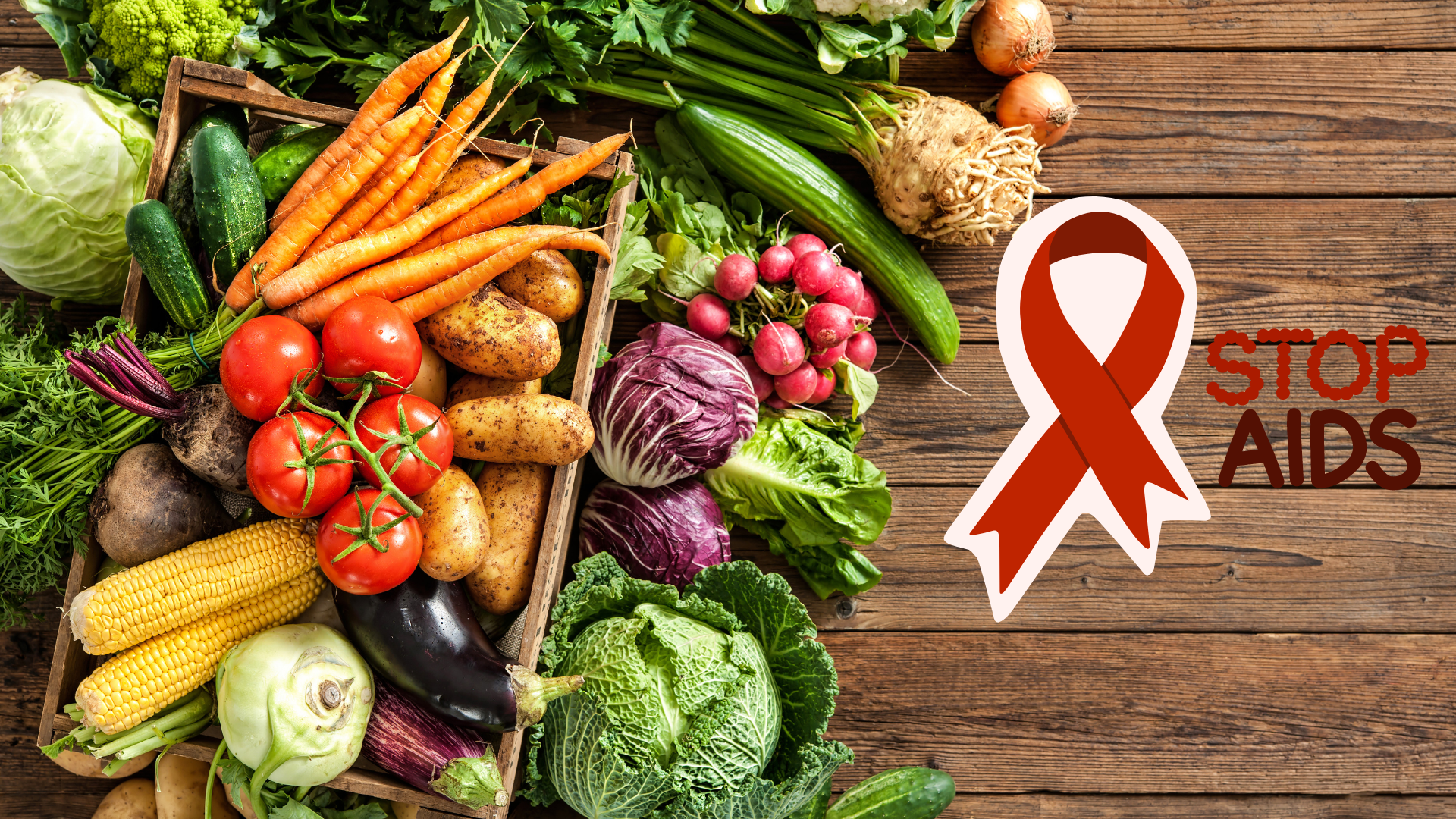
HIV (Human Immunodeficiency Virus) impacts a person's immune system, making them more susceptible to infections and diseases. Proper nutrition plays a critical role in managing HIV and maintaining overall health. Here's a comprehensive overview of how HIV affects dietary requirements and considerations:
Table of Contents
1. Increased Caloric Needs
- Infection and Immune Response: The body may require more energy to fight infections and maintain immune function.
- Weight Loss and Muscle Wasting: It can lead to unintentional weight loss and muscle wasting, known as HIV-associated wasting. This condition increases the need for calories and protein.
2. Macronutrient Requirements
- Protein: Essential for maintaining muscle mass and immune function. Protein-rich foods like lean meats, fish, beans, and tofu are recommended.
- Carbohydrates: Important for energy. Choose whole grains and complex carbohydrates over simple sugars to maintain stable blood sugar levels.
- Fats: Healthy fats from sources like avocados, nuts, seeds, and olive oil are recommended. Limit saturated and trans fats to reduce the risk of heart disease, which people with HIV are more prone to.
3. Micronutrient Needs
- Vitamins and Minerals: HIV-positive individuals may have increased needs for certain vitamins and minerals, such as:
- Vitamin A, C, E, and B-complex: Important for immune function.
- Zinc and Selenium: Critical for immune health.
- Calcium and Vitamin D: Important for bone health, especially since people with HIV may be at higher risk for osteoporosis.
4. Hydration
- Increased Fluid Needs: Some HIV medications and conditions associated with HIV (like diarrhea or infections) can lead to dehydration. It's important to drink plenty of fluids, particularly water.
5. Managing Side Effects of Medications
- Gastrointestinal Issues: Nausea, vomiting, diarrhea, and appetite loss are common side effects of HIV medications. Eating small, frequent meals and avoiding foods that can irritate the stomach may help.
- Fat Redistribution: Some HIV medications can cause lipodystrophy, which is the redistribution of fat in the body. A balanced diet and regular physical activity can help manage this condition.
6. Food Safety and Hygiene
- Weakened Immune System: People with HIV are more susceptible to foodborne illnesses. It's crucial to practice good food hygiene, including proper cooking, storing, and handling of food to avoid infections.
7. Special Considerations
- Co-infections: HIV-positive individuals may also be dealing with other conditions like hepatitis or tuberculosis, which can further impact nutritional needs and dietary choices.
- Antiretroviral Therapy (ART): Proper nutrition can enhance the effectiveness of ART and help manage side effects.
8. Individualized Nutrition Plans
- Tailored Advice: It’s important for people with HIV to work with healthcare providers, including dietitians, to develop a personalized nutrition plan that considers their specific needs, treatment regimens, and any other health conditions.
9. Psychosocial Factors
- Mental Health and Access to Food: Depression, anxiety, and other mental health issues, along with socioeconomic factors, can affect appetite and access to nutritious food. Support systems and resources are essential.
Overall, a balanced and nutrient-rich diet is vital for individuals living with it to support their immune system, manage symptoms, and maintain overall well-being. Regular monitoring and adjustments to the diet may be necessary as health status and treatment regimens change.


